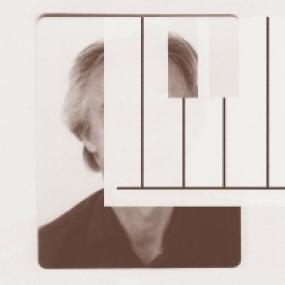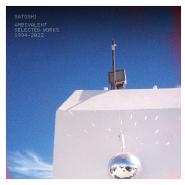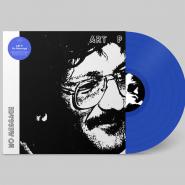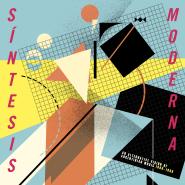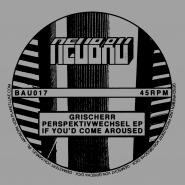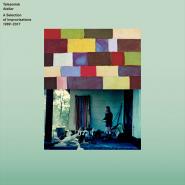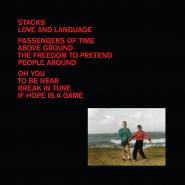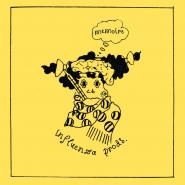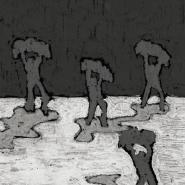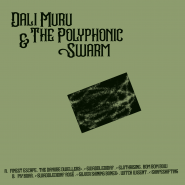CASIOWORKS by GUST DE MEYER
| SKU | 99844 |
| Artist | GUST DE MEYER |
| Title | CASIOWORKS |
| Label | JJ FUNHOUSE |
| Catalog # | JJ 013 |
| Tag | |
| Release | W 42 - 2017 |
| Format | Vinyl - EULP |
| Import | |
| € 19,99 | incl. VAT, excl. shipping |
Tracks
- Casiowork 1.1.1
- Casiowork 1.1.2
- Casiowork 1.1.3
- Casiowork 1.1.4
- Casiowork 1.2.1
- Casiowork 1.2.2
- Casiowork 1.2.3
- Casiowork 1.2.4
Description
This is a reissue of ‘Casioworks’ by Gust De Meyer, originally released as a cassette on Ding Dong Tapes and Records in 1983. This stuff has been making crooked collectors, old and young minimal-wave heads and other music lovers going bonkers for years.At the age of 35, back in 1983, Gust De Meyer was working as an assistant at the Faculty of Social Sciences of the Catholic University of Leuven, were he did some groundbreaking work. He got a PhD in musical industry and introduced the study of video games.
Besides that he was busy writing texts and selecting records for a weekly 4-hour pioneering radioshow called ‘Funky Town’ on Belgian national radio. The show was specialized in the Afro-American dance music of the era: discofied electronics, funk, boogie and rhythm & blues. Next to brand new American records, from Chicago, Philly and New York there was also room for European stuff, sharing a likewise bouncy character or electronic groove: italo-boogie, kraut-grooves and some local danceable new-wave. Slick, glossy and commercial but also groundbreaking and goddamn funky. No wonder this radioshow became a hit in no time, even outside the national borders.
The producer of this radioshow was the now world famous composer of minimal and soft classical music Wim Mertens. Around 1981 he started up his Soft Verdict project. The first LP Wim released under this name, was in fact a collaboration with Gust: ‘For amusement only’, a rather radical and raw experimental album concentrating on sounds made by pinball-machines and early computer games like Space Invaders and Pac-Man. It was released in 1982 on the now legendary Les Disques du Crépuscule label, that was launched just two years before in Brussels. This label was promoting a fresh and eclectic mix of ambient, post-punk, exotic electro-pop and contemporary music, all nicely dressed up in well designed sleeves.
The compositions on this ‘For Amusement Only’ record are very minimal and rhythmic in nature, no touch of melody in sight. These tracks were composed with both ears wide open to the heavy ambience of techy noise and locked grooves of popular game machines. You could find these so-called ‘flippers’ in common bars at the corner of every Belgian village in those days.
The follow up record ‘Struggle for pleasure’ was minimal and sharp but also very melodic and more acoustic then electronic. It already included Wim Mertens’ biggest hit record ‘Close Cover’ but also some trancey, more rhythmic tunes like ‘Salernes’ and ‘Gentlemen of Leisure’ with a strong legacy towards the work of minimal composers, like Glass and Reich. The record was released in the same year as ‘Casioworks’ but without the cooperation of Gust.
Inspired by Wim, Gust was occupied by the creation and release of his own magnum opus and bold musical statement: ‘Casioworks’. After which he, strangely enough, never ever released music again.
‘Casioworks’ was made at home with only one instrument: the then very popular and cheap Casio VL Tone 1 synthesizer. Every track was recorded in one take on a porta-sound Fostex 250 4 track cassette recorder/mixer. For a first record it’s very focused and mature but also playful and heavy with urgent and visceral power.

